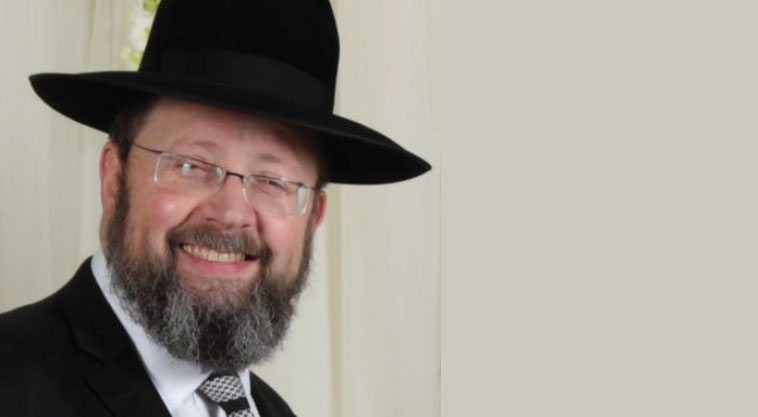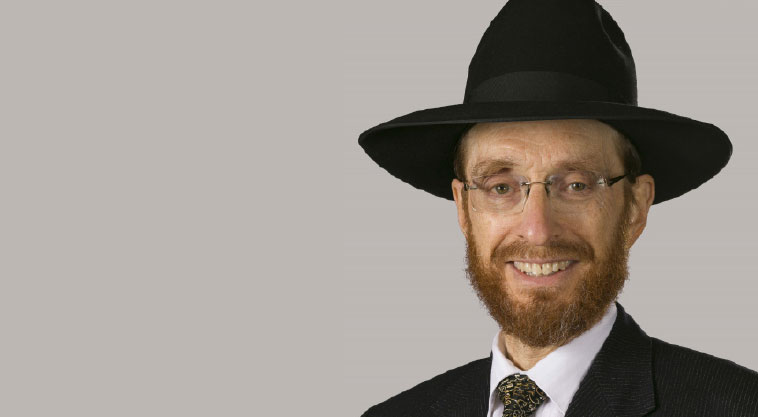Shared Space: Chapter 2


"D
o you know what you’ll be doing yet?” asked a slight guy, about Kivi’s age. He’d introduced himself before Maariv, but Kivi had forgotten the name.
Bauer, who’d been with Kivi in yeshivah and had always been a bit of a know-it-all, wagged his eyebrows at the guy. “Yeah, because the Halbs don’t own enough businesses for him, right? He can do whatever he wants.” He snorted.
Garfinkel, who had also just moved back from Eretz Yisrael, gingerly removed a cigarette from his jacket pocket.
“Just one,” he said as he lit it. “It’s not called smoking if it’s just one a day after Maariv, you know.” He exhaled a thin stream of smoke, following it with his eyes.
“Why not go e-cig?” Karlinsky asked. “They don’t smell, and it’s much healthier.”
“Yep,” Sitman nodded. “We just heard a presentation from a company that’s opening vape bars, like coffee shops, snacks and vapes, all over the Tristate area. We’re considering investing with them.”
Kivi had a thought, then, that he recognized this little post-Maariv huddle outside the Summit shul as the same conversation from the first day of camp, and then in the dormitory on the eve of a new zeman — new faces and old faces and little boys trying to assert themselves and stake out positions.
Summit was less than a year old. Everyone was relatively new, but unlike in camp or yeshivah, their paths would diverge sharply: some would make it in learning, some in business, some in both and some in neither. Malky had explained that Summit would be the in-between place, the upscale spot for young couples deciding who they were. He’d repeated her words in a fake announcer voice, remarking that she should copyright the phrase and use it as advertising copy; it was better than “Lakewood’s Premier Destination. This week only, free granite counters included at signing. Some restrictions apply.”
“Vape drops have got to be all profit, no? They probably cost nothing to make,” Karlinsky speculated, narrowing his eyes like a seasoned investor. “Thing is, who knows where the industry is headed. Soon they’ll be hit with regulations and taxes and whatever. Look at tobacco stocks.”
“Nah, Trump couldn’t care less about that kind of stuff, no regulations anytime soon,” Bauer said.
Kivi wanted very much to contribute to the conversation, but he had nothing to offer. He’d never smoked and knew very little about business.
“What time is Shacharis?” he suddenly asked, realizing a second too late that it was a weird question.
Sitman answered, but it was detached, polite. “There are two minyanim, seven fifteen and eight thirty.”
Kivi wasn’t sure how these conversations usually ended, but it seemed like there was a protocol he was missing. “It’s been a long day,” he said, excusing himself. He headed back to 128 Baron’s Gate, the laughter of the others following him like sirens in the night.
“Hey.” Malky was sitting on the couch when he walked in. “That was a long Maariv! Who’d you meet? What’s the hock?”
“There was no hock, Malky, okay?” he said irritably. “Just a bunch of wannabe stock traders talking about tobacco futures or something.”
She looked hurt, and he knew she was right to be hurt. In Eretz Yisrael, he’d brought home the goods every night — Hirsch was flying home with the baby and making the bris in America, Ofir from the makolet had taken over the empty store next door and was expanding to accommodate the Americans, Malinger was making Pesach for the first time — but there, he’d understood the game. Here, he wasn’t even a good spectator.
(Excerpted from Mishpacha, Issue 707)
Oops! We could not locate your form.





